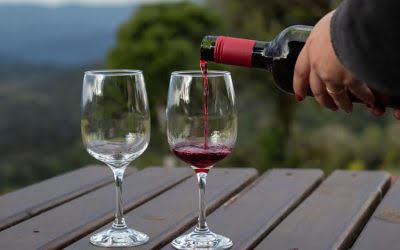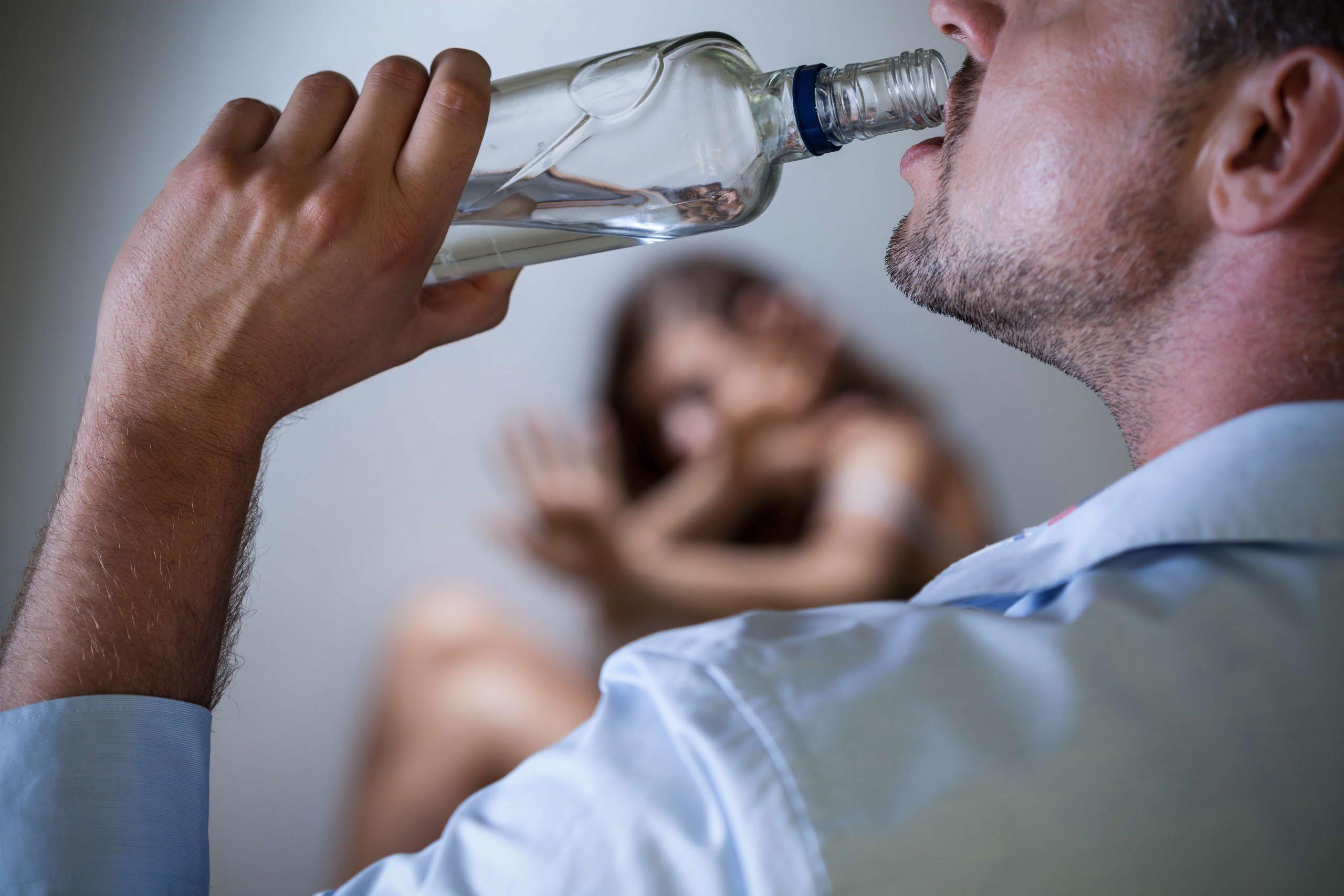Emotional triggers, like stress, anxiety, depression, and loneliness, can lead to wanting to feel better. Social triggers, like events, situations, and peer pressure, can also cause the urge to reach for alcohol. Habits such as regular drinking can lead to physical dependence, resulting in the body needing alcohol to function normally. Physical triggers, like withdrawal symptoms like nausea and headaches, can also increase the urge to drink. A well-structured relapse prevention plan can significantly aid individuals during recovery. This includes identifying personal triggers—both internal (like stress or boredom) and external (specific locations or social situations).

Short-Term Strategies

But if that’s all you do, they can leave you tired and fearful of urges. To overcome urges and not be fearful of them, you’ll need more advanced methods. You’ll need to experience the urge, but not act on it, until the urge lessens and goes away. Some methods are more helpful early on in your efforts to change your drinking, whether it be to cut back or to stop drinking entirely.
Evidence Based
Avenues Recovery is a community-based drug and alcohol rehabilitation center with locations across the Halfway house United States. Then direct these same positive and loving thoughts to someone you care deeply about. After that, send these positive feelings to someone neutral or someone you don’t know very well. Lastly, send these positive feelings to someone you find challenging. By learning how to cope and question the urge, you can stay on track with your recovery.
Download Our Brochure of Addiction Treatment Services

It’s not a moral failing – it’s a dense limbic system hijacked by the addiction. By Buddy TBuddy T is a writer and founding member of the Online Al-Anon Outreach Committee with decades of experience writing about alcoholism. Because he is a member of a support group that stresses the importance of anonymity at the public level, he does not use his photograph or his real name on this website. Natural consequences may mean that you refuse to spend any time with the person dependent on alcohol. What might seem like a reasonable expectation in some circumstances might be totally unreasonable when it comes to someone with an addiction.
- These advances could optimize how treatment decisions are made in the future.
- Alcohol misuse can alter the balance of certain chemicals in the brain, such as dopamine, which regulates pleasure and reward.
- This approach fosters acceptance that cravings are temporary rather than battling against them, which can escalate their intensity.
Programs
This acceptance can help prevent feelings of guilt or shame and empower individuals to https://dev-lmssssite.pantheonsite.io/2024/03/05/how-to-create-an-effective-relapse-prevention-plan/ take proactive steps in managing their cravings. It is crucial for individuals in recovery to develop a strong support system to help them navigate through challenging moments of intense cravings. This support system can include friends, family members, support groups, therapists, or counselors who can provide encouragement, understanding, and guidance during difficult times.
- At first we’re focused on the task at hand and brimming with enthusiasm and confidence and then, at some point, it’s just the normal daily routine but with something missing.
- For example, if your loved one passes out in the yard and you carefully help them into the house and into bed, only you feel the pain.
- Remember that changing long-standing patterns is hard, takes time, and requires repeated efforts.
- Substitution strategies aim to rewire habitual patterns and ultimately, reduce dependency on alcohol.
Importance of Support Systems in Dealing with Alcohol Cravings: You’re Not Alone
By recognizing and accepting cravings, you can reduce their power over going back to drinking after being sober you. Below are samples of e-health tools developed with NIAAA funding. Each of these fee-based tools has a research base that shows its potential to help people cut down or quit drinking. The three-step road map outlined in the NIAAA Alcohol Treatment Navigator offers expert guidance to focus and support your efforts.
Medications can also deter drinking during times when individuals may be at greater risk for a return to drinking (e.g., divorce, death of a family member). At First Steps Recovery, we understand the challenges of overcoming addiction and provide comprehensive support to individuals seeking recovery. Our evidence-based programs and compassionate team are dedicated to helping individuals develop effective coping strategies and build a strong foundation for lasting sobriety. Contact us today to take the first step towards a healthier, fulfilling future.

